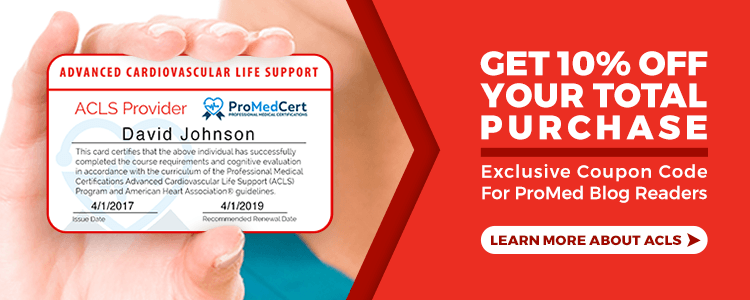Patient Assessment Tips for Paramedics
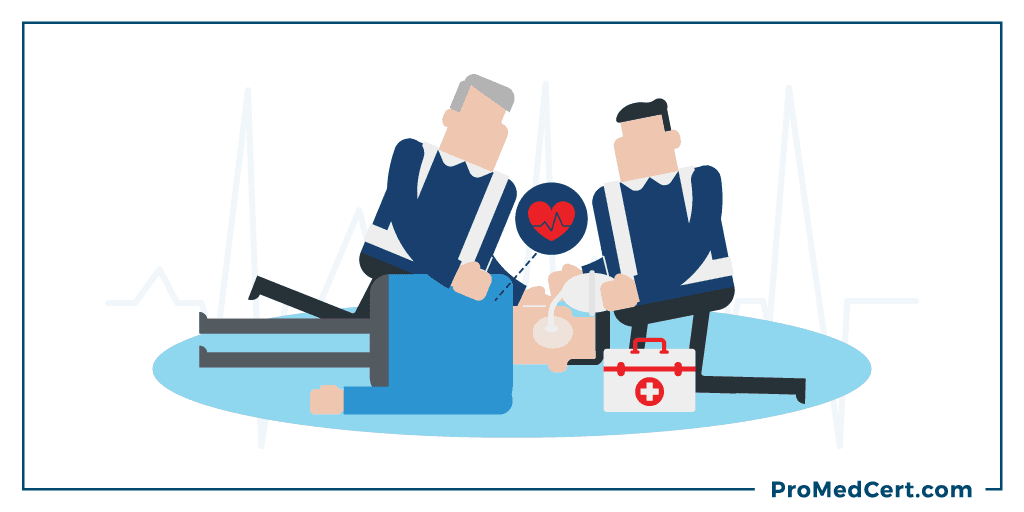
One of the basic fundamentals of emergency medicine is the ability to quickly and accurately assess the patient being treated.
This is especially true for paramedics, as they are often the first responders to the scene of a medical emergency.
And while the best way to truly learn and hone one’s patient assessment skills is on-the-job experience, there are some tips from those who are already in the field that might help aspiring EMS providers develop their skills early.
Let’s take a look at seven such tips below.
Develop and commit to your own routine.
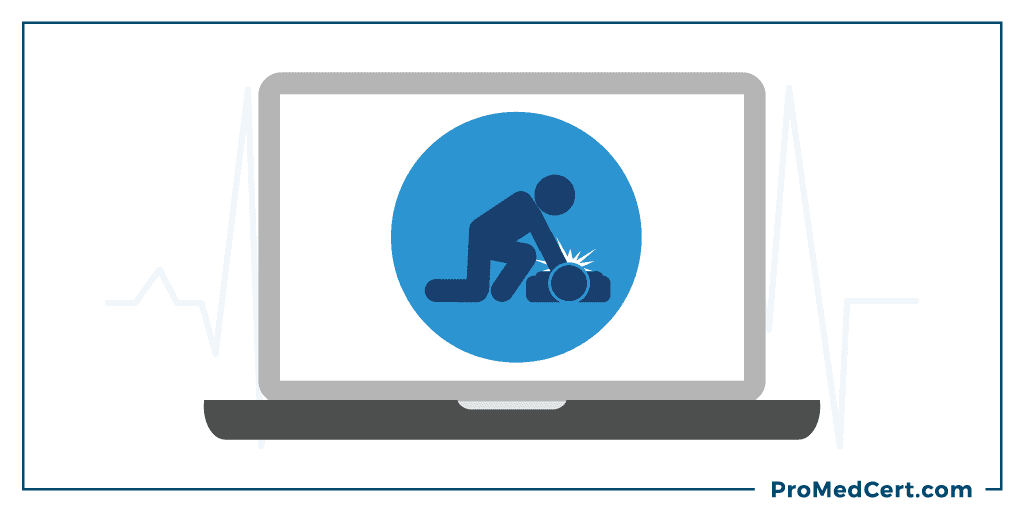
The things you learn as you pursue your education as an EMT, whether in a classroom or online, are meant to serve as guidelines.
While you are required to memorize this material verbatim for testing purposes, that doesn’t mean you must follow it to a T in your career.
In fact, most successful paramedics take what they’ve learned and use it as a foundation upon which to develop their own approach to patient assessment.
Obviously, the critical components must always be present, but don’t be afraid to start honing your own routine early on in the process.
Make patient assessment the foundation of all your treatment decisions.
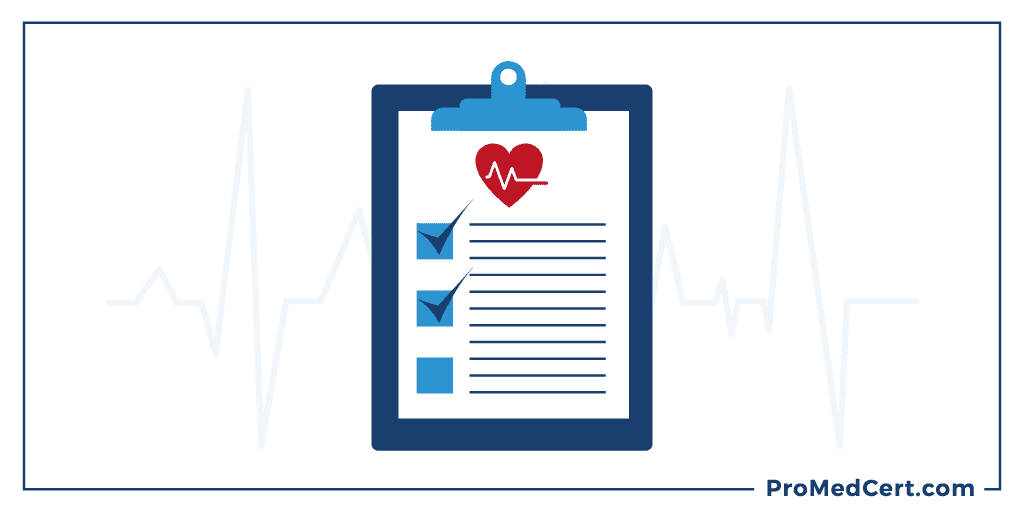
Far too often those new to basic life support become complacent, allowing advanced life support providers to be the ones to assess patients the majority of the time.
In fact, this even occurs with seasoned EMTs who are partnered with ALS providers.
The problem with this is that when BLS providers end up being the first unit to arrive on the scene of a medical emergency, their patient assessment skills may have become rusty.
Effective patient assessment isn’t a skill that is limited to ALS providers.
Rather, it is a fundamental emergency medical service skill in which providers of every level and career stage must be proficient.
Certainly ALS providers are required to obtain more in-depth education and training on performing patient assessments, but BLS providers can (and most definitely should) take the initiative to learn more than just the basics.
This is typically achieved through hands-on experience in the field.
Never overlook the importance of taking a thorough patient history.
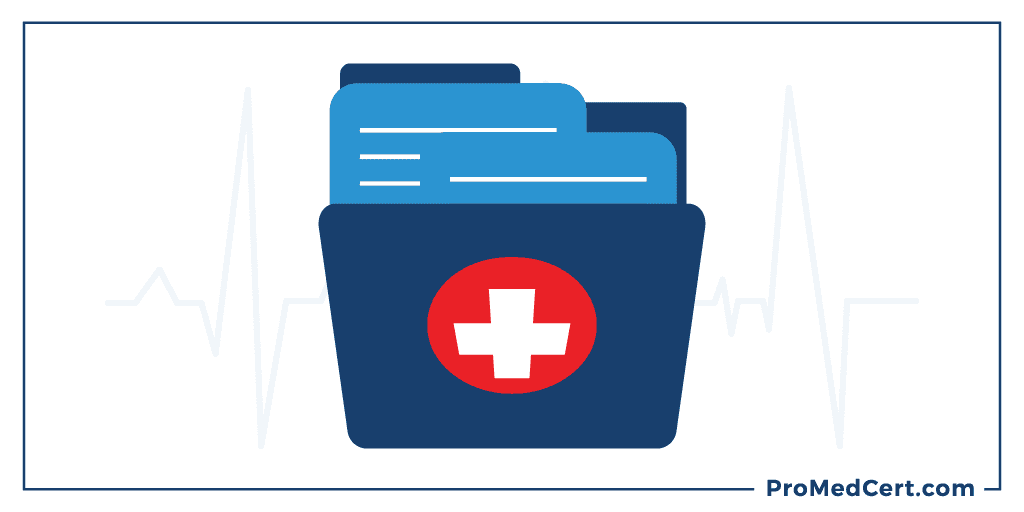
Assessing the medical history of a patient whenever possible, regardless of how severe the situation at hand happens to be, is of the utmost importance.
If the patient is conscious and exhibiting normal mental behavior, he or she should be capable of providing a good idea of what may be wrong even before a physical exam is performed.
Provided that the right questions are asked and that the answers to those questions are listened to carefully, paramedics can gather a lot of valuable information that can be of tremendous help in assessing the patient.
It’s important to point out, however, that while taking a history is recommended at a specified point during the patient assessment according to textbooks, in real life, patient history is more often than not obtained throughout the entire call.
That’s because during an actual medical emergency, additional pertinent questions may come to mind as the assessment unfolds.
Of course, not every patient will be alert and oriented.
In cases such as this, a family member or even a bystander that was present during the initial incident is often able to provide at least some information about the patient.
EMS providers must then use this information, along with on-scene clues, to piece together what’s going on.
Obviously, patient care should never be delayed while searching for clues, but at the very least, a scan of the immediate surroundings should be part of the patient assessment process.
Don’t neglect mental evaluation.
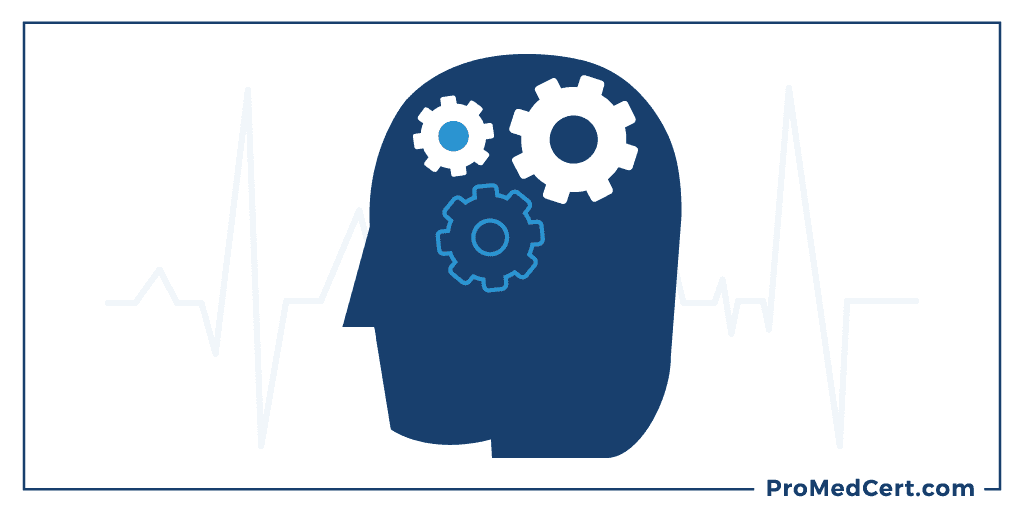
Most patient assessments are carried out using the AVPU scale to ascertain level of consciousness.
But assessing the V (verbal stimulus), P (pain stimulus) and U (unresponsive) is often much more straightforward than confirming a patient’s A, or awake status.
Just because a patient is answering basic questions correctly doesn’t necessarily mean he or she is properly oriented.
By carrying on a consistent dialogue with the patient throughout the assessment and asking good history questions, the paramedic can more accurately determine whether the patient is truly alert and mentally oriented.
This can be of tremendous help in gathering an accurate patient status and determining next steps in terms of treatment.
Speak the patient’s language.
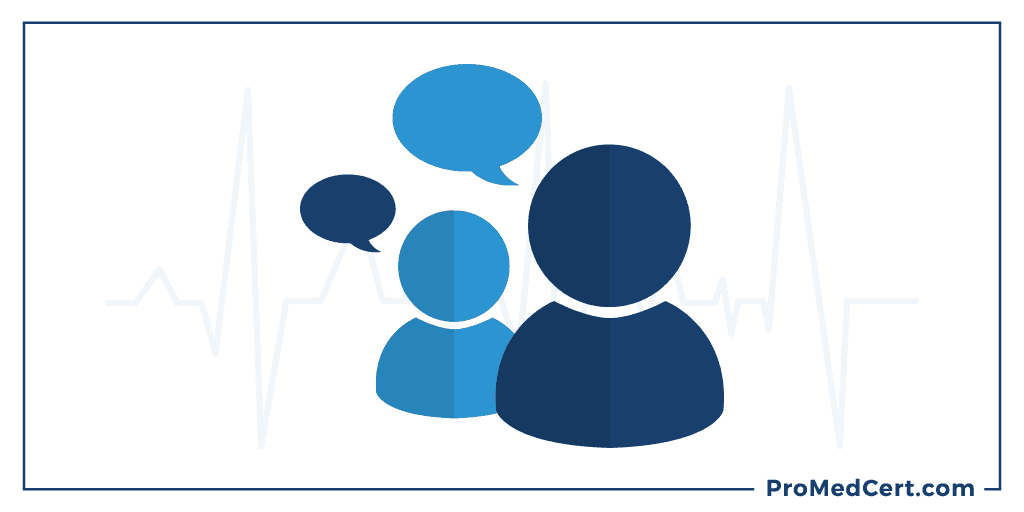
One thing EMTs learn in their training is how to speak the medical language, as this enables timely and accurate communication with other health care providers.
Speaking in medical terms to the patient, however, will likely not help in obtaining relevant and accurate information.
Being able to place yourself in the shoes of the patient (or bystanders, if the patient is unresponsive) is absolutely essential.
That doesn’t necessarily mean learning a foreign language, although if you work in an area where another language is fluent, that might be wise.
The main goal is to be able to ask questions in a way that is easy for anyone to understand.
Avoid using medical terminology and if the patient or bystander seems confused by a question you ask, take a step back and try rephrasing it.
The extra effort will pay off in the end.
Listen to your gut.
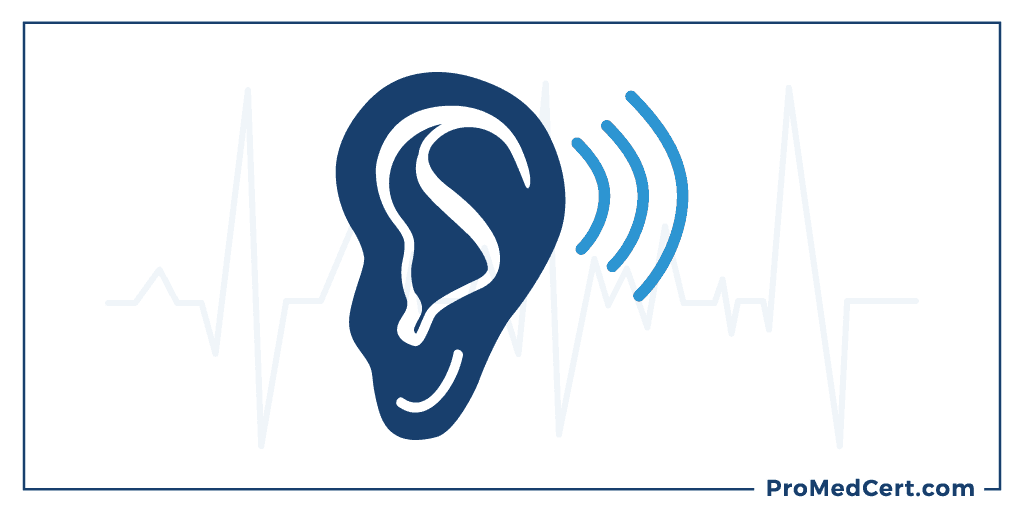
There is a lot of formality in paramedic training material.
In reality, patient assessment isn’t always going to be an exact science.
One important point to remember is that, in most cases, an EMT’s initial impression, or gut instinct, is correct.
For instance, when an emergency medical provider arrives on a scene and a patient looks and acts gravely ill, the provider should follow that first impression and either expedite treatment on-scene or transport the patient immediately.
In an emergency situation, every second counts.
And for a first responder, it’s better to be safe than sorry.
Be prepared to adapt and overcome.
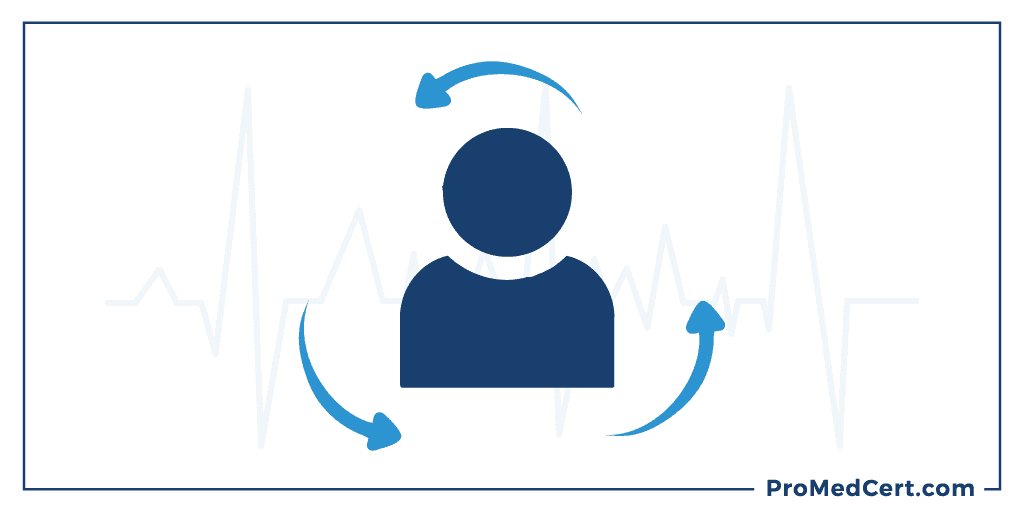
When it comes to emergency medicine, Murphy’s Law comes into play more often than not.
If something can go wrong on an EMT call, chances are it will.
The patient assessment process is no exception to this rule.
As such, paramedics must be ready, willing and able to adapt and overcome.
Accept the fact that not everything will go as the textbooks dictate.
In fact, few situations will.
Be prepared to think critically in every situation.
This will enable you to perform more quality and accurate patient assessments and ultimately deliver better patient care.
Conclusion
For more tips, tricks and expert advice on medical certifications and other trending topics in the health care field, be sure to bookmark our blog and check back often for fresh content.

